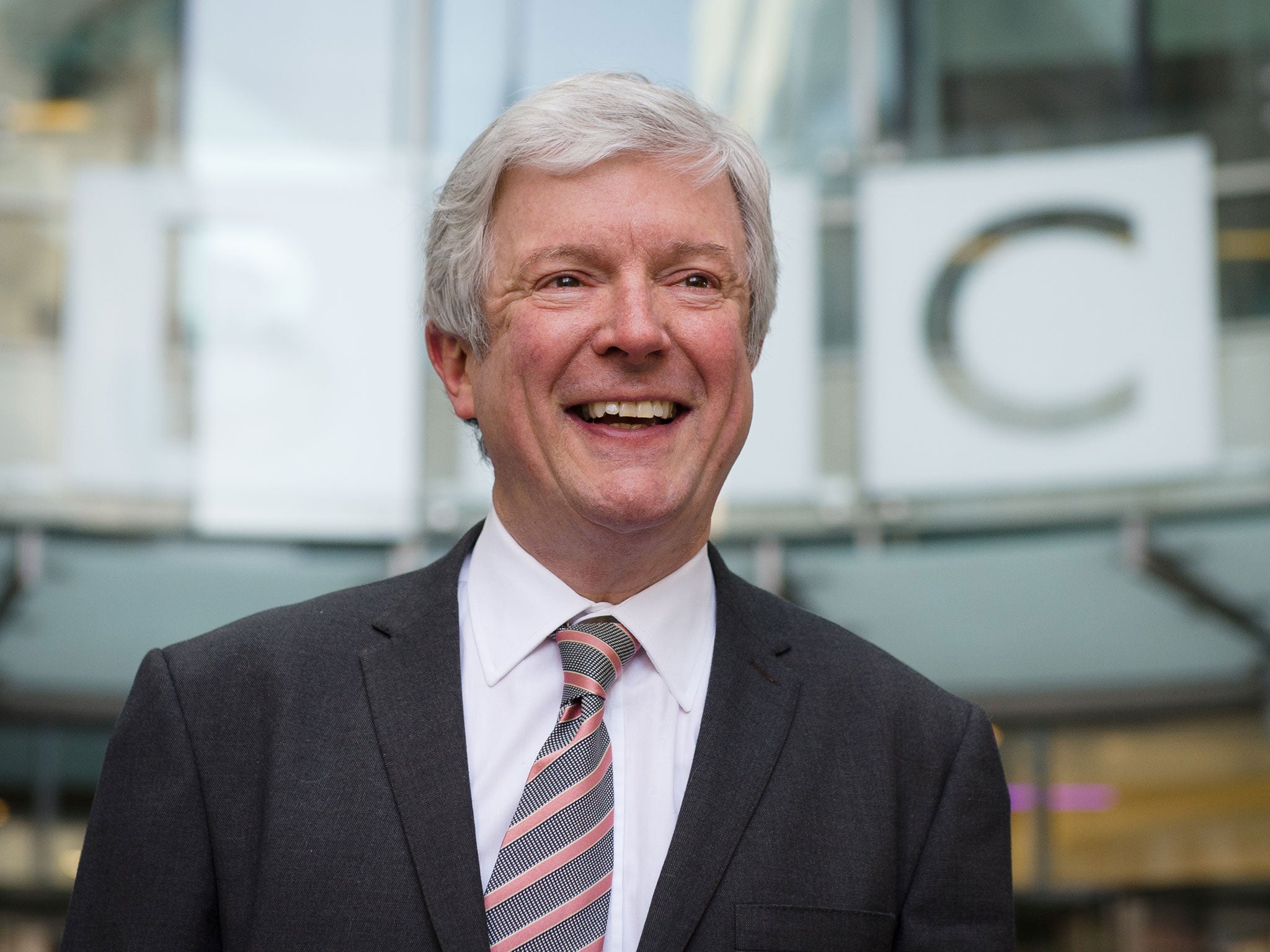BBC scraps £15,000 oil paintings of outgoing director general in bid to cut costs
Future DGs expected to have their picture taken instead

The BBC is scrapping an 80-year tradition of having its outgoing director generals commemorated with a £15,000 oil painting in a bid to cut costs.
The paintings, which traditionally hang in Broadcasting House, are to be replaced in the future by photographs of departing director generals, according to The Observer.
A BBC source told the paper that having ex-leaders commemorated by commissioning a photograph portrait would be “better value for money” and that a well-taken photo would do the same job but cost “less money”.
The tradition of commissioning oil paintings was started by Lord Reith, the corporation’s first boss, in the 1930s, but the system is one that easily draws criticism, particularly when a director general leaves amid controversy.
“The days of oil paintings have passed,” the source said. “We face a tough economic situation and need to prioritise where we spend our money.”
George Entwistle, the director general who resigned amid the Jimmy Saville scandal in 2012 after just 54 days in the job, did not have his profile painted, though he walked away with a £450,000 payoff.
He is only the fifth director general to have not had a portrait made, out of the 15 that have run the corporation in its history. One former boss, William Haley, who was in place from 1944 to 1952, opted to have a sculpture made at the cost of £1000; while Cecil Graves, Robert Foot and Frederick Ogilvie all missed their chance due to WWII.
It is understood that the policy has already been discussed with Mark Thompson, who left the BBC to become the president and chief executive of the New York Times. His decision as to whether he will opt for a photograph instead of an oil painting is not yet known, though he was said to have been in discussions for several months about choosing an artist.
The Observer claims that the BBC hopes the cheaper option of a photograph will not attract the same accusations of unnecessary expenditure in the lead up to the Charter renewal in 2016.
It is understood that future director generals will not be encouraged to use fashionable photographers such as David Bailey, unless the artists would be prepared to undertake the job for a very low fee.
Subscribe to Independent Premium to bookmark this article
Want to bookmark your favourite articles and stories to read or reference later? Start your Independent Premium subscription today.

Join our commenting forum
Join thought-provoking conversations, follow other Independent readers and see their replies